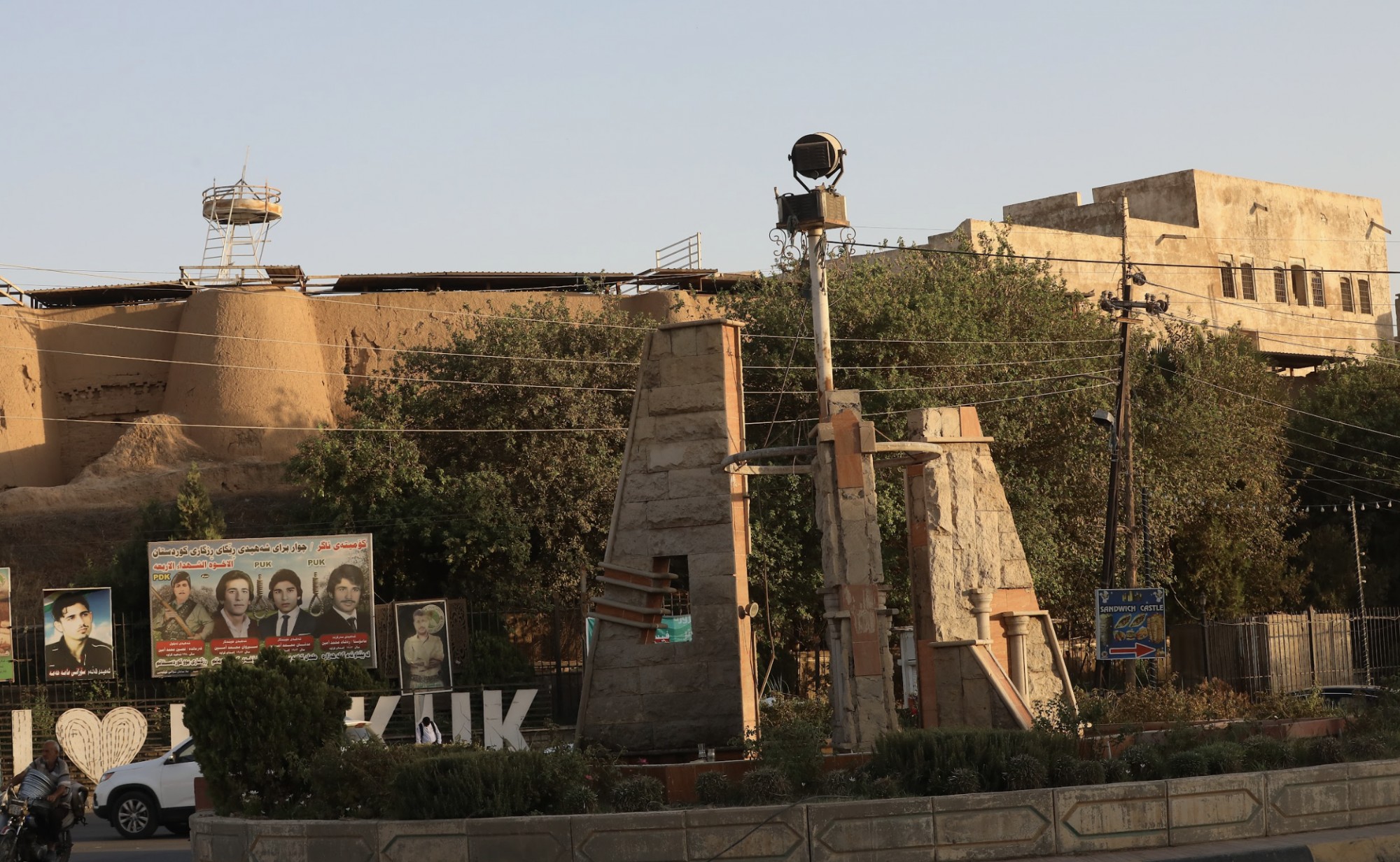On August 3, the Yezidis in the Kurdistan Region and across the globe commemorated the 10th anniversary of the ISIS genocide against their religious group. As in previous years, multiple events were organized to raise international awareness about the plight of the Yezidis, who continue to suffer from the consequences of the atrocities committed by ISIS despite a decade having passed.
On August 3, 2014, ISIS militants overran the predominantly Yezidi town of Sinjar – located some 130 kilometers to the west of Mosul in north of Iraq – and abducted thousands of women and children after executing thousands of men.
The fall of Sinjar came less than a month after the Iraqi Army escaped the frontlines in Mosul, where ISIS later declared its so-called Caliphate. Almost everyone in Iraq and Syria was a target for ISIS, but the extremist group specifically aimed its ruthless war machine at the Yezidis for their faith, labeling them “infidels” to justify the mass expulsions, enslavement of women, and many other horrific crimes that it committed against them.
According to official data obtained from the Kurdistan Regional Government (KRG), a total of 6,417 Yezidis, mostly women and children, were abducted by ISIS, out of whom the fate of 2,596 remains unknown.
An ongoing grief
Besides thousands of mass executions and widespread enslavement, ISIS also displaced nearly 400,000 Yezidis, the majority of whom found refuge in the Kurdistan Region with others migrating to other countries. Despite 10 years having passed, many displaced Yezidi families still prefer the camps in the Kurdistan Region over returning to their homes in Sinjar, often citing a persistent lack of security as the reason.
Fourteen months after its fall, Sinjar was liberated from ISIS by the Kurdish peshmerga forces in November 2015. Since then, the strategic town has fallen under the control of various armed groups, mainly those affiliated with the Kurdistan Workers’ Party (PKK) and the Iran-backed Shi’a militia groups that are accused of seeking to advance their own political interests rather than creating a safe home for the Yezidis.
The current situation in Sinjar has also worried the international community and human rights advocates across the globe. In hopes of addressing the ongoing security crisis in Sinjar, the UN brokered an agreement between the KRG and the Federal Government of Iraq in 2020 to address the remaining security and administrative challenges in Sinjar. However, the aforementioned armed groups continue to inhibit Erbil and Baghdad from implementing the agreement.
Iraq's Foreign Minister Fuad Hussein delivering a speech during the event
Remembering the victims, vowing to support
On the 10th anniversary of the ISIS genocide against the Yezidis, the Central Advisory Council of Yazidis in Germany hosted an event with the participation of several prominent politicians, including Iraq’s Foreign Minister Fuad Hussein, KRG Minister of Interior Rebar Ahmad Khalid, and various German lawmakers.
Hussein honored the victims of the genocide in a speech and reaffirmed Iraq’s commitment to the Yezidis. He highlighted Iraq’s Yazidi Survivors Law No. (8) of 2021, which is a national legal source for achieving justice, providing reparations, and recognizing the crime as genocide.
The top diplomat went on to commend the KRG for its concerted efforts in cooperation with the federal government to protect the Yezidis and address the humanitarian challenges they face, noting that the region has hosted them since the first day of the horrors they faced, providing them with safe shelter and other life necessities. He also thanked the Kurdistan Region for its effective contribution to searching for those who were kidnapped and returning them to their families.
Later, Khalid delivered a speech in which he reminded the audience of the sacrifices that the Kurdish peshmerga made to liberate Sinjar from ISIS in 2015, noting that nearly 500 fighters gave their life during the Sinjar battle.
Rebar Ahmed, Kurdistan Region's Interior Minister, delivering a speech during the event
He also highlighted a financial support program recently announced by KRG Prime Minister Masrour Barzani, which will provide monthly allowances to 3,000 women and girls who survived the atrocities committed by ISIS.
Khalid, however, warned of the prolonged failure to put into action the 2020 Sinjar Agreement, emphasizing that the suffering of the Yezidis would continue unless stable conditions in the area allow them to return safely to their homes.
“The agreement is made to normalize the situation in Sinjar; that can be done by ensuring stability, security, civil administration, reconstruction, and the provision of public services. This way the Yezidis can be encouraged to finally return to their homes,” the Kurdish official pointed out. “However, the Sinjar Agreement is yet to be implemented, and the region remains unstable.”
Citing continued instability and the lack of a civil administration under the rule of multiple armed groups in Sinjar, Khalid called on the German government to avoid the forced deportation of Yezidi migrants to Sinjar, where their security cannot be guaranteed in the current environment.
Sardar Sattar is a translator and journalist based in the Kurdistan Region. He has translated several books and political literature into Kurdish and English. He writes regularly for local and international newspapers and journals.

